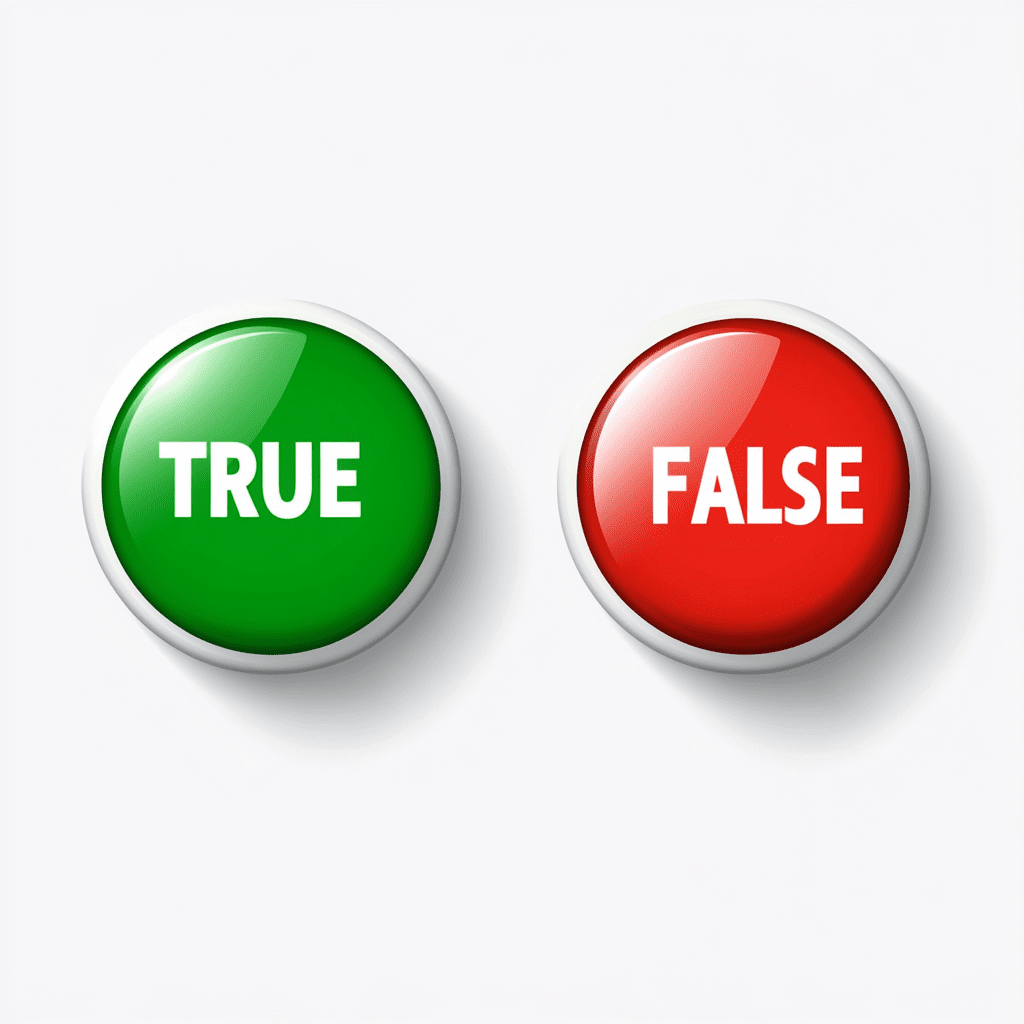Research into Stem Cells for PSP is still in its early days, especially as PSP is such a rare condition
We’ve only found 1 study that’s been completed since 2020.
To look more at Stem Cell treatment processes for PSP, our Stem Cell Therapy for Progressive Supranuclear Palsy article might be interesting.
We hope this is helpful!
Previous Studies Looking at Stem Cells treating PSP
Here we break down all the latest studies post 2020 for Stem Cells treating PSP.
2021 Real World Case Study on Umbilical Cord Blood Stem Cells Treating Severe Progressive Supranuclear Palsy: China
You can read more about this real-world study in the Journal of Medical Case Reports.
This is a real-world case report detailing the treatment of a single patient who received umbilical cord blood stem cell therapy for severe Progressive Supranuclear Palsy.
The study was led by researchers from The Second Affiliated Hospital of Guangzhou University of Chinese Medicine.
Their goal was to investigate the long-term safety and potential effectiveness of this new treatment in a patient with a very poor prognosis who was not responsive to medication.
RESULTS SUMMARY
Halted Disease Progression: The patient’s neurological symptoms stopped getting worse after the treatment.
Long-Term Survival: The patient survived for more than 8 years post-treatment, which is very rare for someone with such a severe form of the disease.
Mild Physical Improvements: Muscle rigidity in the patient’s limbs and neck was mildly improved.
Brain Scans: Brain atrophy (shrinkage) did not worsen over a 2-year period following the therapy.
Safety: The treatment was found to be safe, with no adverse events reported over the entire 8-year follow-up period.
Study Details:
- Participant: The study involved a single patient, a 61-year-old Chinese man with an 8-year history of severe PSP who was wheelchair-bound and had difficulty speaking and swallowing.
- Procedure: The patient received a total of six administrations of the stem cell therapy over a short period.
- Cells Used: The therapy used allogeneic umbilical cord blood stem cells (UCBSCs), which are collected from the umbilical cords of healthy, unrelated donors.
- Dosage: Each of the six treatments contained 20 to 30 million cells.
- Delivery Method: A combination of two methods was used: two intravenous (IV) infusions into the bloodstream and four intrathecal injections directly into the spinal canal.
Results:
- Follow-up duration: The patient was followed for a total of 8 years.
- Primary Outcome: The main goal was to assess the long-term safety and efficacy of the treatment on the patient’s severe PSP.
- Key Findings:
- Stabilized Disease Score: The patient’s PSP Rating Scale score, which typically worsens by 11-18 points per year in untreated patients, remained stable and even slightly below his baseline score for the entire 8-year follow-up.
- Improved Swallowing: Six months after the therapy, the patient’s swallowing function improved enough that his feeding tube could be removed. The feeding tube was needed again after three years, but the improvement provided a significant period of better function.
- Reduced Rigidity: The mild improvement in limb and neck rigidity was observed at three months and was still better than his pre-treatment baseline three years later.
- Safety: No serious or minor adverse events related to the stem cell therapy were observed at any point during the 8-year follow-up
How the Cells Worked
- The authors did not directly measure the mechanism in the patient but proposed that the stem cells likely worked through a combination of effects known to be associated with MSCs:
- Neurogenesis: creation of new neural cells
- Neuroprotection: protecting existing nerve cells from further damage
- Immunomodulation: reducing harmful inflammation in the brain
Researchers’ Conclusions
- The researchers concluded that in this case, the umbilical cord blood stem cell therapy successfully mitigated muscle rigidity, prevented further brain atrophy and stopped the deterioration of the patient’s neurologic symptoms.
- They believe this approach may be a promising alternative therapy for severe PSP but emphasized that because this was only a single case report, larger, randomized controlled trials are needed in the future to confirm these results.
Best Stem Cell Therapy clinics for PSP
We don’t let any clinic just sign up or pay to be listed.
We speak to every clinic directly and review their medical team, the treatments they offer, how their stem cells are sourced and how they follow up with patients after treatment.
We also review licensing documents to confirm they meet the legal and medical standards of the country they operate in. For example, whether cells are processed in a GMP-certified facility or if they provide documentation on stem cell quality.
Clinics must also agree to let us collect and publish independent patient reviews. Both positive and negative.

Why Use Alt Treatment?
We don’t just list clinics, we help you choose the right one, get the best pricing and support you through the entire journey. For free.
Compare with Confidence: Get clinic matches based on your condition, location, and budget.
Ask the Right Questions: Know what to ask before committing
Save on Treatment: Unlock exclusive discounts on vetted clinics and follow-up care.
We’re With You After Treatment: We check in post-treatment and help resolve any issues.
Travel & Visa Help: Need to travel for care? We can help with logistics, documents, and local tips.
Found a Clinic Elsewhere? We’ll check their licensing and track record for you, free of charge.
No Strings Attached: Even if you choose a clinic we don’t partner with, we’re still here to help you make the best decision.
Top Stem Cell Therapy Clinics for PSP
We’ve vetted Stem Cell Therapy clinics globally who treat PSP. Information on their processes, standards they follow & prices are on their profiles.
Compare Clinics GloballyConclusion: Stem Cell Research for PSP
Right now, the body of research on stem cell therapy for PSP is limited & because it’s such a rare condition, the likelihood of companies investing to study this disease is relatively low.
If you’re interested in understanding the actual treatment process, delivery methods, and types of stem cells used in these studies, head over to our page looking at Stem Cell Therapy for PSP.
If you’re deciding which country is best for you, or want to talk about clinics we’ve already vetted, fill out our form below. Our team will guide you with clear, honest answers.
Alt Treatment is a free, independent platform that helps you understand stem cell therapy & decide if it’s right for you.
We break down complex information into clear, honest guidance. When you’re ready, we can connect you with verified clinics that meet your needs, in the right location, and often with exclusive discounts.
There’s no charge to use our platform. No hidden fees. No pressure. Our main aim is to genuinely help you figure out if treatment is right & the best places to consider.
If you want to talk, fill out our form here & our personal concierge team will reach out.
Common side effects of getting Stem Cells are fever and local pain/swelling at the injection site. We go into all of the side effects in more detail in our Stem Cell Therapy Side Effects Article
Popular countries for Stem Cell Therapy are Thailand, Japan, South Korea, Colombia etc.
To compare treatment options in different countries, our guide on Best Countries for Stem Cell Therapy will be useful.
Fill in your details below
For a discounted offer for Stem Cell Therapy!
